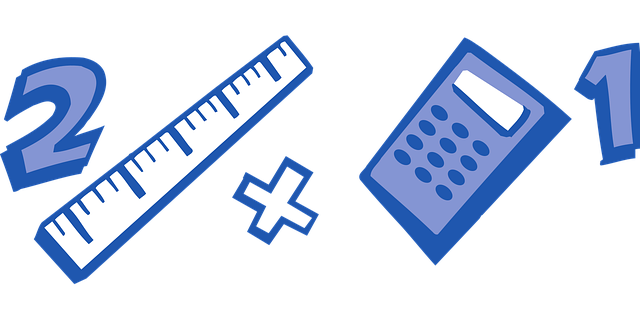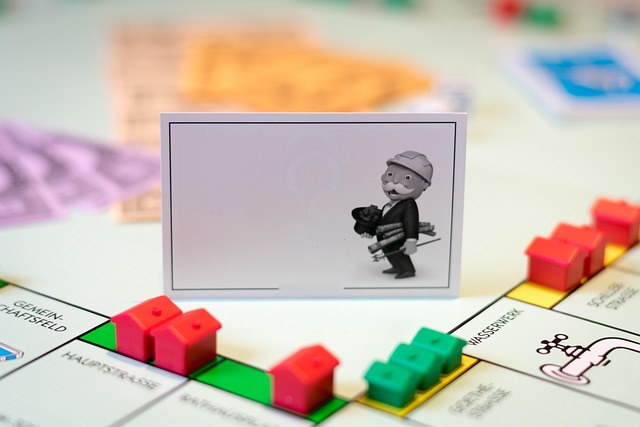Cognitive-Behavioral Therapy (CBT) is a proven natural remedy for cocaine withdrawal focusing on thoughts, feelings, and behaviors. It empowers individuals to challenge negative thought patterns, adopt healthier coping mechanisms, and prevent relapse through cognitive restructuring, mindfulness plans, and online support groups. CBT is key to long-term recovery from cocaine addiction in specialized treatment centers, offering holistic wellness programs that combine this therapy with other therapeutic methods and natural remedies.
Cognitive-behavioral therapy (CBT) is a powerful tool in the fight against cocaine addiction, offering a unique approach to recovery. This article explores how CBT empowers individuals to overcome negative thought patterns and behaviors, a key aspect of their journey towards long-term recovery. By understanding the core principles of CBT, we can delve into specific techniques designed for cocaine withdrawal. Additionally, we’ll discuss its role in relapse prevention, highlighting CBT as a valuable natural remedy for those seeking an alternative path to overcoming addiction.
- Understanding Cognitive-Behavioral Therapy (CBT) and Its Core Principles
- CBT Techniques for Reframing Negative Thoughts During Cocaine Withdrawal
- The Role of CBT in Long-Term Recovery and Relapse Prevention
Understanding Cognitive-Behavioral Therapy (CBT) and Its Core Principles

Cognitive-Behavioral Therapy (CBT) is a well-established therapeutic approach that focuses on the connection between thoughts, feelings, and behaviors. It’s a highly effective natural remedy for cocaine withdrawal, offering clients a powerful tool to understand and change their thought patterns and, consequently, alter their behaviors. CBT emphasizes that our thoughts significantly impact our emotions and actions, and by identifying and challenging negative or distorted thinking, individuals can work towards healthier coping mechanisms.
The core principles of CBT involve reframing negative thoughts and behaviors, promoting personalized mindfulness plans, and fostering recovery support through online groups. This therapy encourages clients to become aware of their automatic negative thoughts and then logically evaluate whether these thoughts are realistic or helpful. By learning to reframe and replace unhelpful cognitive distortions, individuals gain a deeper sense of self-awareness and develop more adaptive ways of thinking and behaving, which can be instrumental in long-term recovery from substance use disorders like cocaine addiction.
CBT Techniques for Reframing Negative Thoughts During Cocaine Withdrawal

Cognitive-Behavioral Therapy (CBT) offers powerful techniques to reframe negative thoughts during cocaine withdrawal, a process that can significantly enhance recovery. By identifying and challenging distorted thinking patterns, CBT helps individuals recognize their underlying beliefs and replace self-destructive thoughts with healthier alternatives. This is crucial for managing cravings and preventing relapse.
One effective CBT strategy involves cognitive restructuring, where clients learn to question and modify negative thoughts. For instance, during withdrawal, a person might think, “I can’t handle this; I’ll always fail.” A therapist would guide them to reframe this as, “This is challenging, but I’ve overcome hard situations before and can do it again with support.” This simple shift in perspective can empower individuals to stick to their recovery plans. Additionally, CBT encourages the development of coping mechanisms, such as mindfulness practices and stress management techniques, which are integral parts of holistic wellness programs often found in specialized addiction treatment centers focusing on specific substances.
The Role of CBT in Long-Term Recovery and Relapse Prevention

Cognitive-behavioral therapy (CBT) plays a pivotal role in long-term recovery from cocaine addiction, serving as a powerful tool for relapse prevention. By helping clients identify and challenge negative thought patterns and behaviors associated with substance use, CBT enables individuals to develop healthier coping mechanisms. This evidence-based approach is particularly effective in addressing the complex nature of addiction, often intertwined with co-occurring disorders.
Through CBT, individuals learn to recognize triggers and high-risk situations, gaining valuable skills to navigate challenges without resorting to drug or alcohol use. Many addiction recovery centers specialize in offering comprehensive programs that integrate CBT with other therapeutic modalities, ensuring personalized treatment tailored to the unique needs of each client. Such holistic approaches, combined with natural remedies for cocaine withdrawal, offer promising avenues toward sustained recovery and a healthier life.
Cognitive-behavioral therapy (CBT) emerges as a powerful tool in addressing cocaine addiction, offering a structured approach to managing cravings and preventing relapse. By focusing on reframing negative thoughts and behaviors, CBT equips individuals with the skills to navigate their journey towards long-term recovery. Integrating these therapeutic techniques alongside natural remedies for cocaine withdrawal can significantly enhance overall well-being and foster sustainable sobriety.






